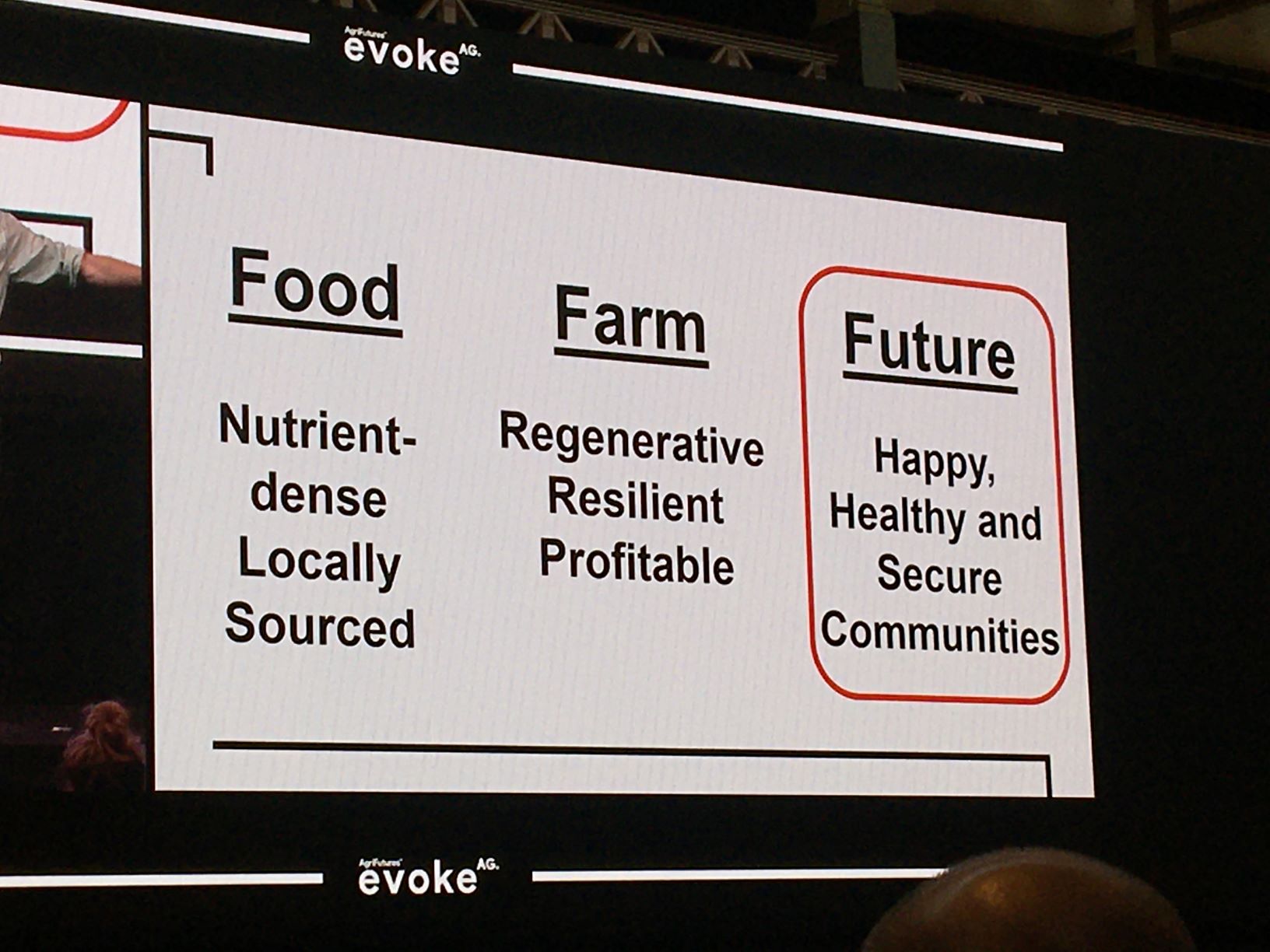In every part of life disruptive technologies are changing the way things are done. From communicating to match-making, finding a place to stay or finding a house to buy to getting around and shopping, the “Third Industrial Revolution” is indeed upon us.
Consumers want more
The food industry has successfully traded ecological biodiversity for brand diversity with the world’s food supply now relying on just 12 plant and 5 animal species to supply 75% of the world’s food. This makes it easier for industrial farming systems to scale up with investment in monocultures – reducing complexity increases control. But 88% of the market wants “Healthy Food” as they realise Food is Medicine. Millennials, who now represent over half the retail market are spending up big on their tribe’s food choices. Millennials are finding the food story that’s been fed to us over the past two generations a little “hard to swallow”. Consumers are looking for connection and provenance and the industrial farming story is not sitting too well with consumers wanting food from farming with integrity.
Consumers will drive the change
I am not an Amazon or a Google, but from what I can see (as they must too) is: Industries like farming, with a big gap between retail prices and wholesale (or farm gate) prices, are ripe for disruption. Especially where transparency is sought by consumers but blocked by those “representing” producers. Often these clumsy industries are controlled by only a few big players and their size makes them an easy target to technology enabled disruption.
Innovation by death!
Agriculture, and particularly livestock production is the stand-out laggard in adoption of technology. Will Harrington, a Nuffield Scholar came out with a classic line in his report that technology adoption in livestock industries seemed only to occur only by death! After many years in Ag-Tech roles, I have my own theories on this, but my fear is if adoption is too slow, as happened with hotels, taxis and phones; the world may move to a different place without our fantastic family farming systems being part of it.
The future of food….
At Kandanga we have invested heavily in future food trends as we don’t believe the current system of producing food and getting it to market is regenerative to land, the environment, rural communities or the general food consuming public. Product traceability & transparency systems, circular economies, renewable energy sources, waste minimisation & utilisation, regenerative organics, community building, soil health and nutrient density in food production are areas we see the Kandanga Farm concept can help with. We do small things to make changes where we can in de-corporatising and de-homogenising our local food chain. We have a model here that is unique with a following of customers who share our passion. We thank you for at least considering the possibility that the status quo could be improved and joining us in taking the first steps towards a new normal.
By Tim Scott
Sources: SBS I View, Mark Allison, Mike Lee, Will Harrington.
